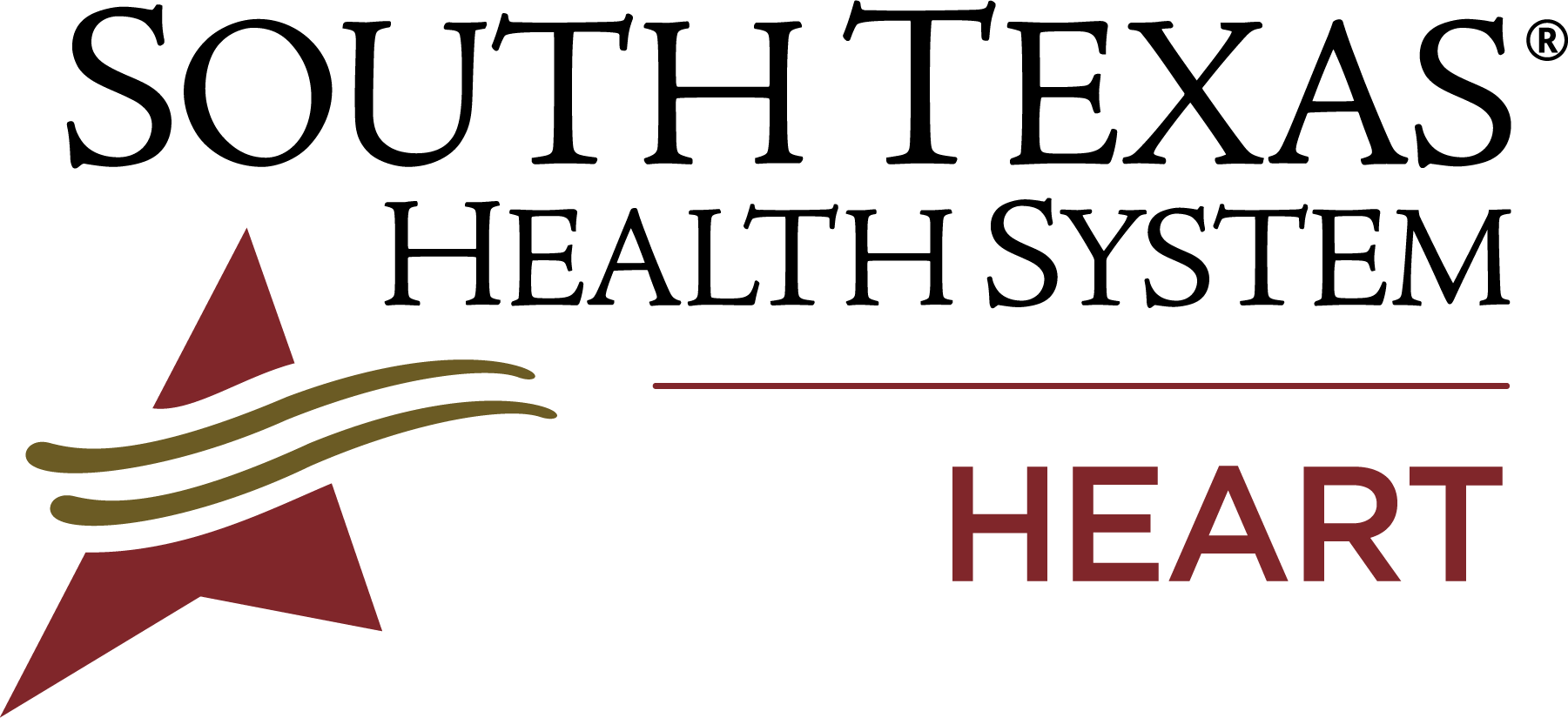Prevent Heart Disease with These Heart Healthy Habits
Cardiovascular disease is the leading cause of death in the United States, according to the Centers for Disease Control and Prevention. The good news is that there are many things you can do to prevent heart disease from developing or getting worse. These healthy lifestyle changes include:
Maintain a Healthy Weight
Obesity is associated with multiple health conditions that underlie cardiovascular disease. Weight gain is a common consequence of unhealthy lifestyle choices including a lack of exercise and a fatty diet. Extra weight puts extra strain on your heart and circulatory system that can lead to heart conditions. If you are overweight or obese learn what your options are for weight-loss. Even modest weight-loss has big benefits for your health.
Don’t Smoke or Use Tobacco
Not only does smoking temporarily raise your blood pressure, but it also can damage arteries. Narrowed arteries lead to hypertension, a major risk factor for developing heart disease. Chewing tobacco has the same effect. It isn’t enough to simply quit smoking, or never pick up. Doctors recommend that people stay away from second-hand smoke as well. Secondhand smoke can even cause heart attacks according to a report by the Institute of Medicine.
Eat a Heart-Healthy Diet
A diet rich in fruits, vegetables and whole grains can help protect your heart. Also aim to eat beans, low-fat or fat-free dairy products, lean meats, and fish as part of a healthy diet. A few popular heart-healthy diets include the Dietary Approaches to Stop Hypertension (DASH) eating plan, and the Mediterranean diet. A healthy diet should be low in saturated and trans fats, and low in both sugar and sodium. Not all fats are bad though, for example, avocados, nuts, and olives actually benefit your heart by lowering the bad type of cholesterol.
Stress and Heart Health
A stressful lifestyle often leads to drinking alcohol, smoking or eating unhealthy foods to cope. These activities are linked to heart attack, stroke, and hypertension. While medication is an option to help you calm down, a better method is to get exercise, stop smoking, limit coffee and alcohol, and make an effort to eat a better diet. Ask your doctor about stress-management or relaxation techniques like meditation.
Get Health Screenings on a Regular Basis
Conditions like high blood pressure and high cholesterol can sneak up on you, leading to heart damage. Without being tested though, these kinds of conditions can worsen and become more difficult to treat. Attend regular screenings at your doctor’s office to detect problems and learn the best course of action. Doctors screen for some of the following problems routinely. If you have any of these conditions, your doctor might prescribe medications and recommend healthy lifestyle changes. Also, consider getting a Cardiac Score CT Screening at South Texas Health System Heart. Other important screenings are below.
Blood Pressure Check
An estimated one out of three adults have high blood pressure, also called hypertension. Blood pressure is the strain blood flow places against arteries as your heart pumps blood throughout your body. When someone has hypertension, arteries face an increased resistance to blood flow. In reaction, your heart has to pump harder to circulate blood and elevates the risk of a heart attack or stroke.
Cholesterol Level Check
When you have high cholesterol, fatty deposits can develop in your blood vessels making it difficult for enough blood to circulate throughout your body. When your heart does not get as much oxygen-rich blood as it needs, the risk of a cardiac event rises.
Diabetes Check
Many people with diabetes have heart disease as well. The behaviors that diabetes patients are encouraged to engage in are also good for your heart. For example, people with diabetes are encouraged to manage their blood sugar, exercise and eat a healthy diet.
